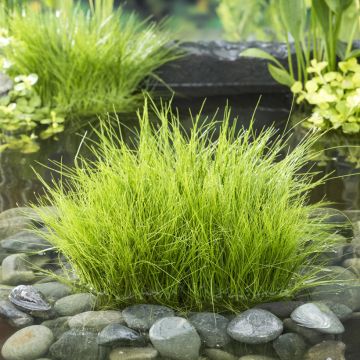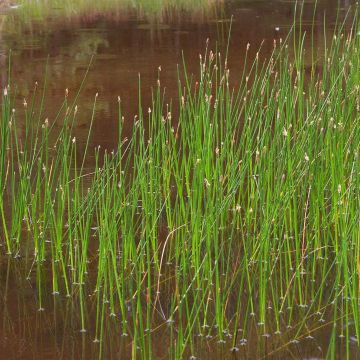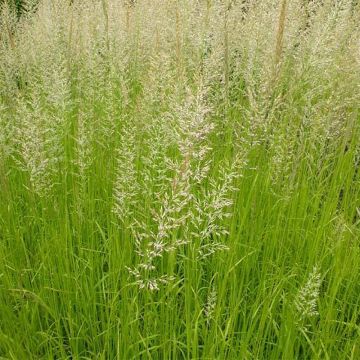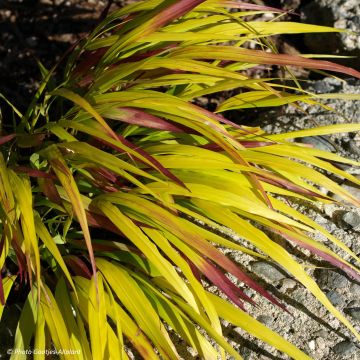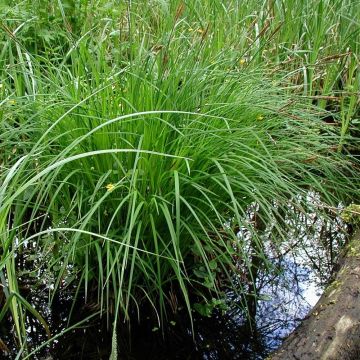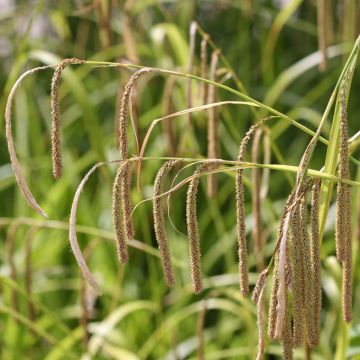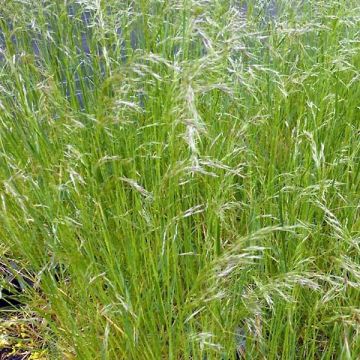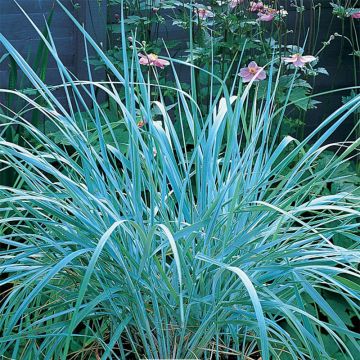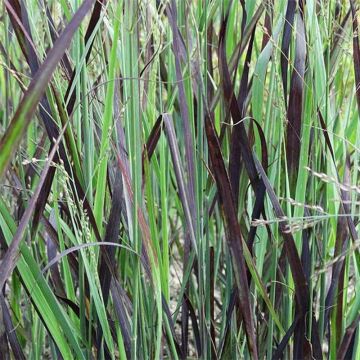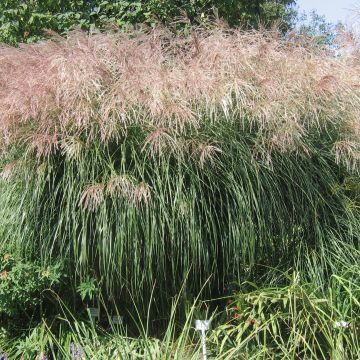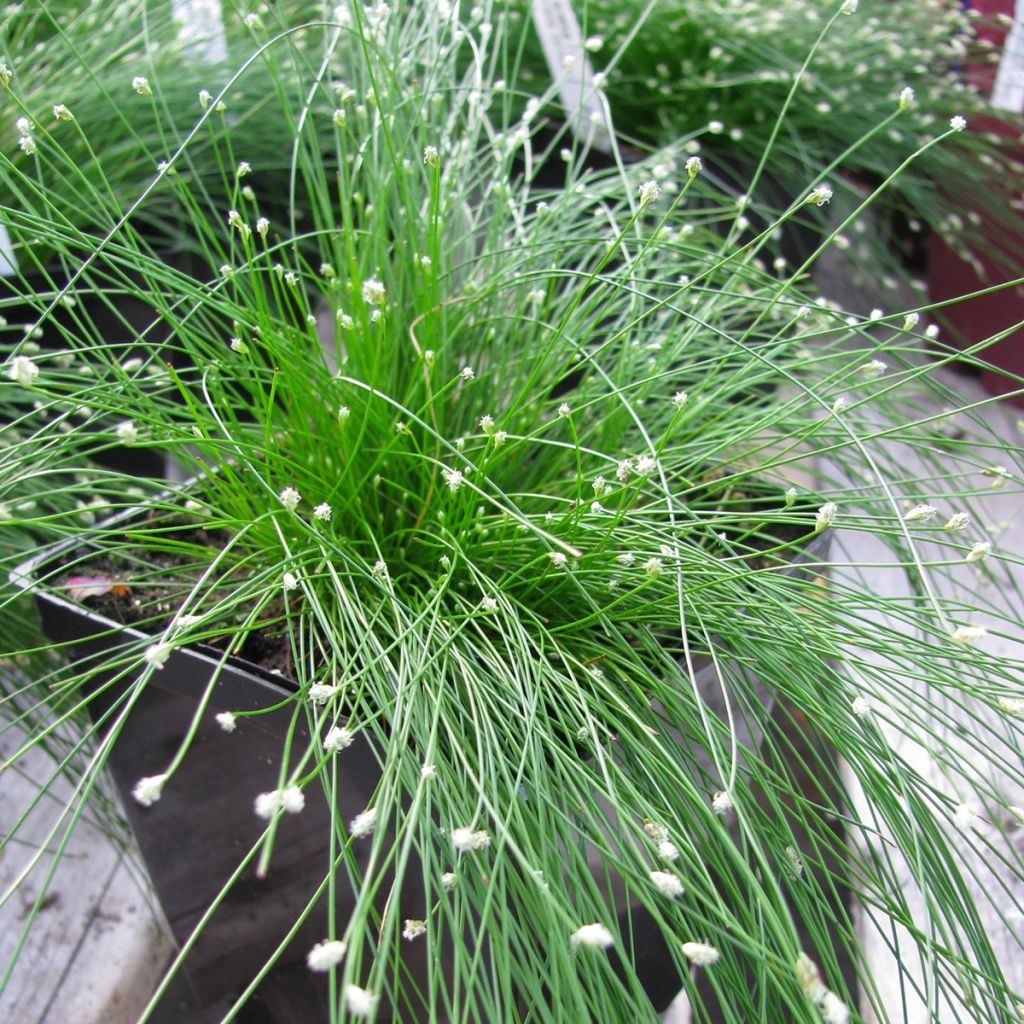

Scirpus cernuus - Fibre Optic Grass
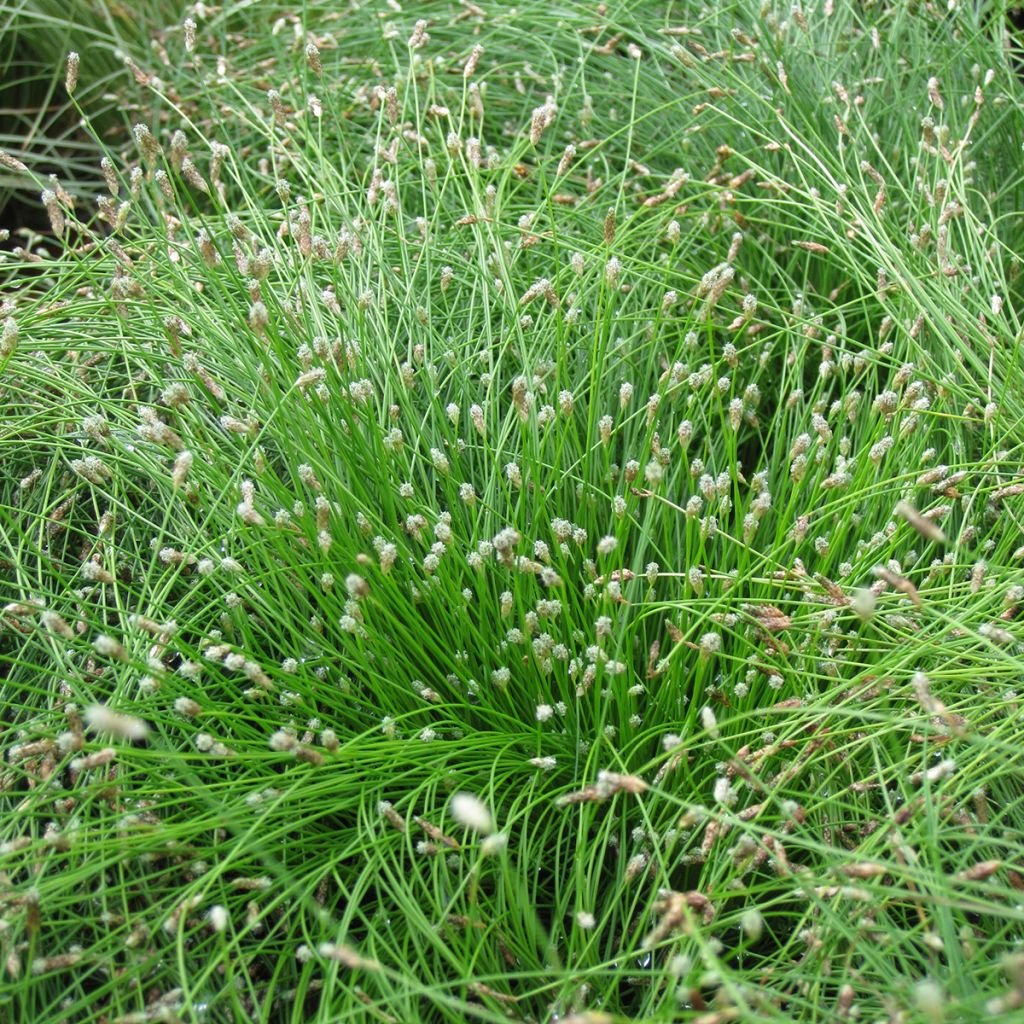

Scirpus cernuus - Fibre Optic Grass
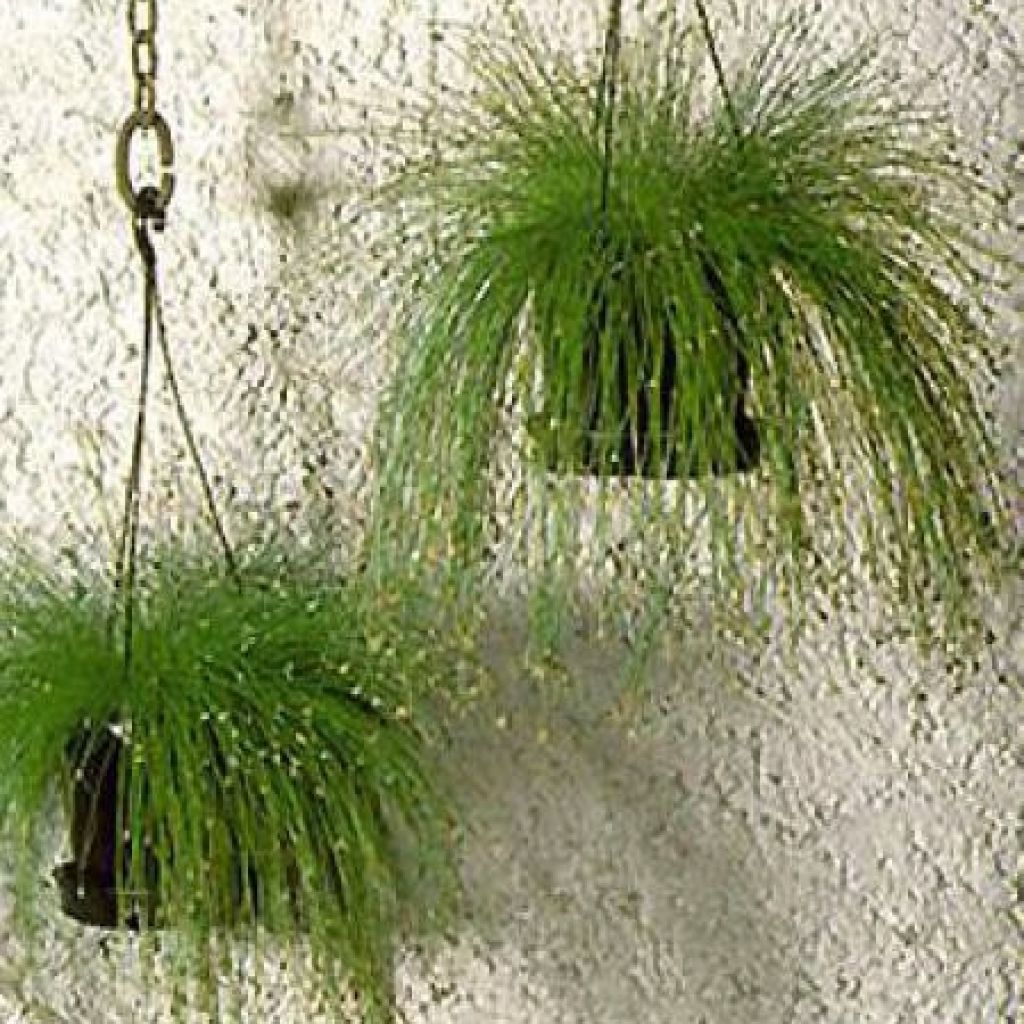

Scirpus cernuus - Fibre Optic Grass
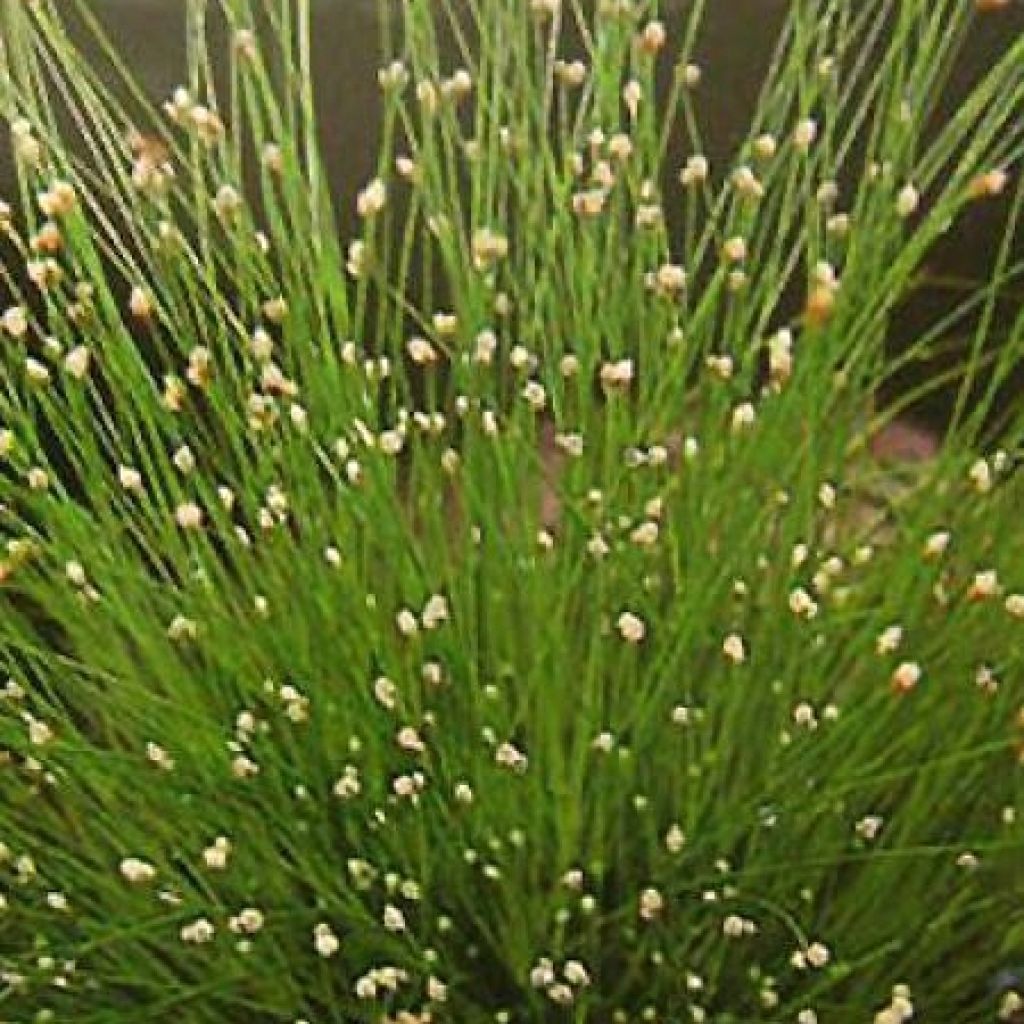

Scirpus cernuus - Fibre Optic Grass
Scirpus cernuus - Fibre Optic Grass
Scirpus ou isolepis cernua cernuus Fiber Optic Grass
Slender Club-rush, Nodding Club-rush
Special offer!
Receive a €20 voucher for any order over €90 (excluding delivery costs, credit notes, and plastic-free options)!
1- Add your favorite plants to your cart.
2- Once you have reached €90, confirm your order (you can even choose the delivery date!).
3- As soon as your order is shipped, you will receive an email containing your voucher code, valid for 3 months (90 days).
Your voucher is unique and can only be used once, for any order with a minimum value of €20, excluding delivery costs.
Can be combined with other current offers, non-divisible and non-refundable.
Home or relay delivery (depending on size and destination)
Schedule delivery date,
and select date in basket
This plant carries a 6 months recovery warranty
More information
We guarantee the quality of our plants for a full growing cycle, and will replace at our expense any plant that fails to recover under normal climatic and planting conditions.
Would this plant suit my garden?
Set up your Plantfit profile →
Description
Scirpus cernuus, also known as Nodding Club-rush or Fibre Optic Grass, is a small perennial grass that catches everyone's attention. It is truly unique and visually appealing, with its clusters of small light green to white flowers attached to the ends of bright acidic green stems. This sight evokes a bouquet of fibre optics. It is a tender plant that flowers almost all year round indoors. It will thrive in moist soil, along water edges, or even submerged, in full sun. Cultivated in a pot, this 'grass' will create a focal point on the terrace or in the conservatory.
Fibre Optic Grass is also known as Isolepis cernua. It is an ornamental grass native to marshy areas in Western and Southern Europe and North Africa, belonging to the Cyperaceae family. This small plant slowly forms a fairly rounded, dense, spreading clump, measuring 30 cm (11.8 in) in height and 40 cm (15.7 in) in diameter. It is a semi-aquatic and rhizomatous perennial plant that resembles a small rush. It has foliage consisting of a bouquet of thread-like, leafless, shiny, very stiff, bright acidic green stems. The flowering is continuous, illuminating the tips of the stems with tiny cream-greenish spikelets accompanied by wider bracts. The flowering gives way to brown fruits called achenes. The plant can withstand temperatures of around -8°C (18°F) when grown in the ground.
This sedge is magnificent when suspended in the conservatory or on the terrace, in full sun. To achieve a trailing habit, often sought after, it is preferable to place the plant in a shaded area, although this cultivation method may shorten its lifespan. In the garden, this small 'grass' can be planted along water edges, in marshy areas, or in pots that are partially submerged. Except in the mildest climates, it is advisable to overwinter this plant to protect it from severe frosts.
Report an error about the product description
Scirpus cernuus - Fibre Optic Grass in pictures
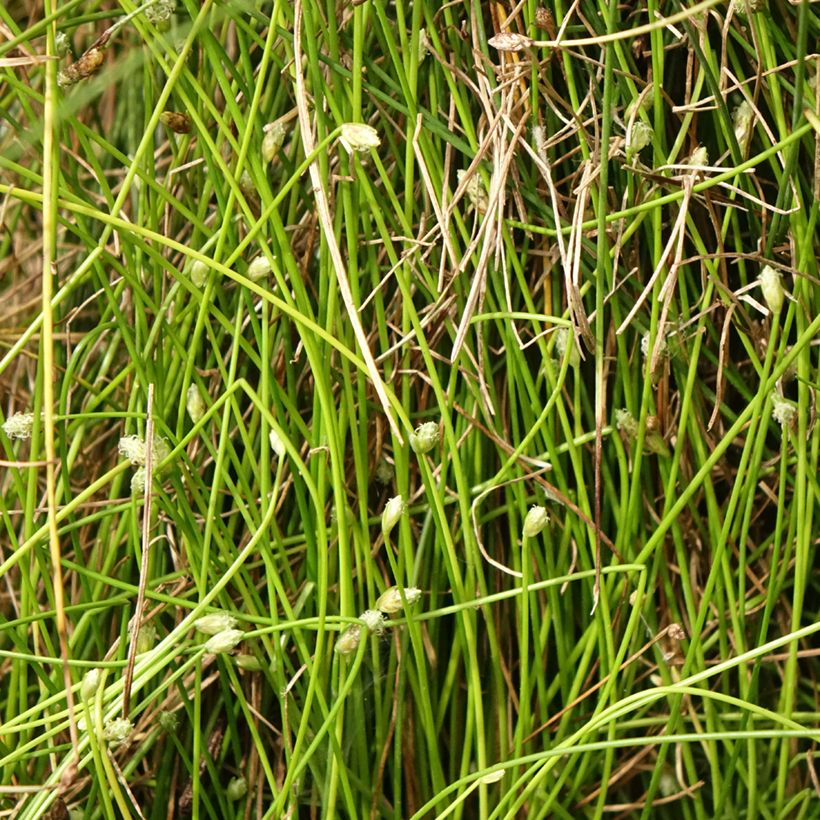

Flowering
Foliage
Plant habit
Botanical data
Scirpus ou isolepis cernua
cernuus
Fiber Optic Grass
Cyperaceae
Slender Club-rush, Nodding Club-rush
isolépis cernua
Mediterranean
Other Scirpus
View all →Planting and care
Scirpus cernuus thrives in full sun, in saturated to moist soil. It is undemanding about the nature of the soil. If the stems dry out due to lack of water, prune the brown parts and water generously; the plant will usually regrow. It is hardier when it is a young plant.
Planting period
Intended location
Care
This item has not been reviewed yet - be the first to leave a review about it.
Similar products
Haven't found what you were looking for?
Hardiness is the lowest winter temperature a plant can endure without suffering serious damage or even dying. However, hardiness is affected by location (a sheltered area, such as a patio), protection (winter cover) and soil type (hardiness is improved by well-drained soil).

Photo Sharing Terms & Conditions
In order to encourage gardeners to interact and share their experiences, Promesse de fleurs offers various media enabling content to be uploaded onto its Site - in particular via the ‘Photo sharing’ module.
The User agrees to refrain from:
- Posting any content that is illegal, prejudicial, insulting, racist, inciteful to hatred, revisionist, contrary to public decency, that infringes on privacy or on the privacy rights of third parties, in particular the publicity rights of persons and goods, intellectual property rights, or the right to privacy.
- Submitting content on behalf of a third party;
- Impersonate the identity of a third party and/or publish any personal information about a third party;
In general, the User undertakes to refrain from any unethical behaviour.
All Content (in particular text, comments, files, images, photos, videos, creative works, etc.), which may be subject to property or intellectual property rights, image or other private rights, shall remain the property of the User, subject to the limited rights granted by the terms of the licence granted by Promesse de fleurs as stated below. Users are at liberty to publish or not to publish such Content on the Site, notably via the ‘Photo Sharing’ facility, and accept that this Content shall be made public and freely accessible, notably on the Internet.
Users further acknowledge, undertake to have ,and guarantee that they hold all necessary rights and permissions to publish such material on the Site, in particular with regard to the legislation in force pertaining to any privacy, property, intellectual property, image, or contractual rights, or rights of any other nature. By publishing such Content on the Site, Users acknowledge accepting full liability as publishers of the Content within the meaning of the law, and grant Promesse de fleurs, free of charge, an inclusive, worldwide licence for the said Content for the entire duration of its publication, including all reproduction, representation, up/downloading, displaying, performing, transmission, and storage rights.
Users also grant permission for their name to be linked to the Content and accept that this link may not always be made available.
By engaging in posting material, Users consent to their Content becoming automatically accessible on the Internet, in particular on other sites and/or blogs and/or web pages of the Promesse de fleurs site, including in particular social pages and the Promesse de fleurs catalogue.
Users may secure the removal of entrusted content free of charge by issuing a simple request via our contact form.
The flowering period indicated on our website applies to countries and regions located in USDA zone 8 (France, the United Kingdom, Ireland, the Netherlands, etc.)
It will vary according to where you live:
- In zones 9 to 10 (Italy, Spain, Greece, etc.), flowering will occur about 2 to 4 weeks earlier.
- In zones 6 to 7 (Germany, Poland, Slovenia, and lower mountainous regions), flowering will be delayed by 2 to 3 weeks.
- In zone 5 (Central Europe, Scandinavia), blooming will be delayed by 3 to 5 weeks.
In temperate climates, pruning of spring-flowering shrubs (forsythia, spireas, etc.) should be done just after flowering.
Pruning of summer-flowering shrubs (Indian Lilac, Perovskia, etc.) can be done in winter or spring.
In cold regions as well as with frost-sensitive plants, avoid pruning too early when severe frosts may still occur.
The planting period indicated on our website applies to countries and regions located in USDA zone 8 (France, United Kingdom, Ireland, Netherlands).
It will vary according to where you live:
- In Mediterranean zones (Marseille, Madrid, Milan, etc.), autumn and winter are the best planting periods.
- In continental zones (Strasbourg, Munich, Vienna, etc.), delay planting by 2 to 3 weeks in spring and bring it forward by 2 to 4 weeks in autumn.
- In mountainous regions (the Alps, Pyrenees, Carpathians, etc.), it is best to plant in late spring (May-June) or late summer (August-September).
The harvesting period indicated on our website applies to countries and regions in USDA zone 8 (France, England, Ireland, the Netherlands).
In colder areas (Scandinavia, Poland, Austria...) fruit and vegetable harvests are likely to be delayed by 3-4 weeks.
In warmer areas (Italy, Spain, Greece, etc.), harvesting will probably take place earlier, depending on weather conditions.
The sowing periods indicated on our website apply to countries and regions within USDA Zone 8 (France, UK, Ireland, Netherlands).
In colder areas (Scandinavia, Poland, Austria...), delay any outdoor sowing by 3-4 weeks, or sow under glass.
In warmer climes (Italy, Spain, Greece, etc.), bring outdoor sowing forward by a few weeks.






























